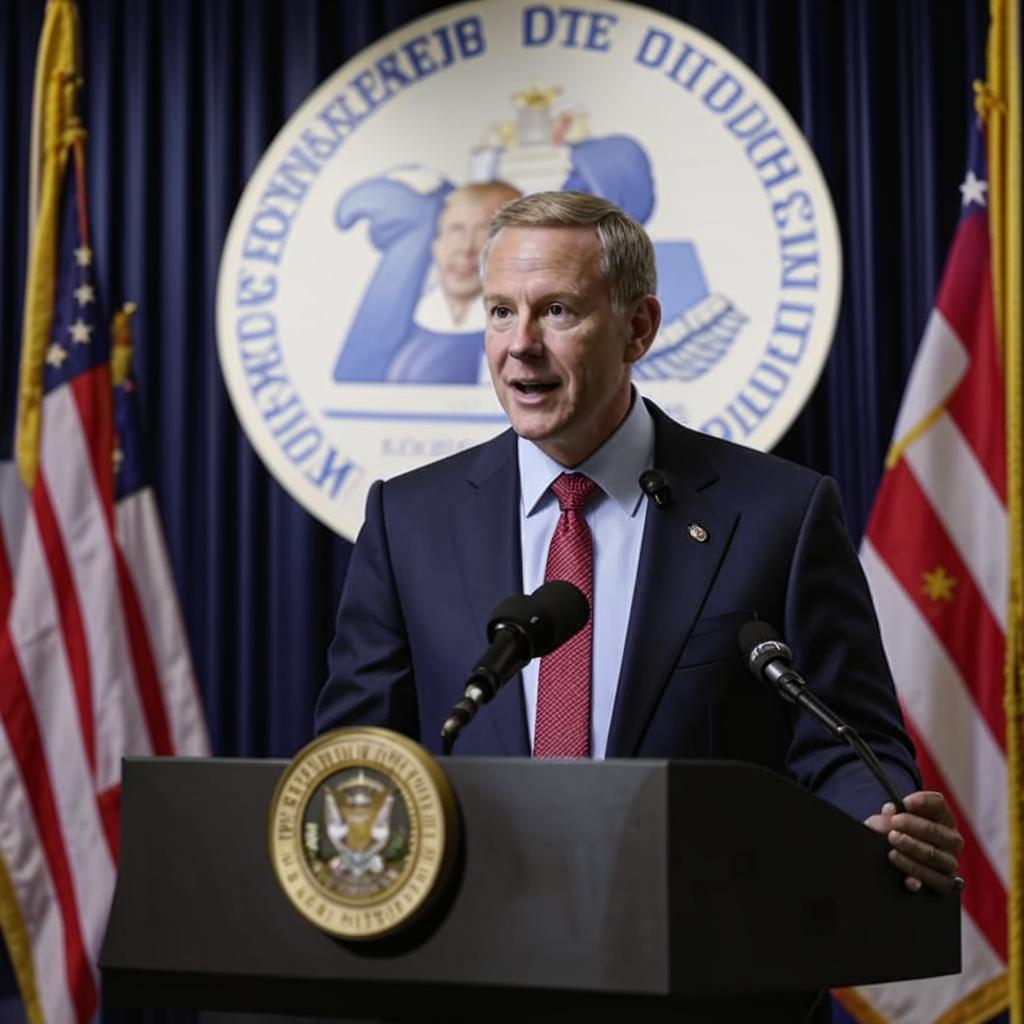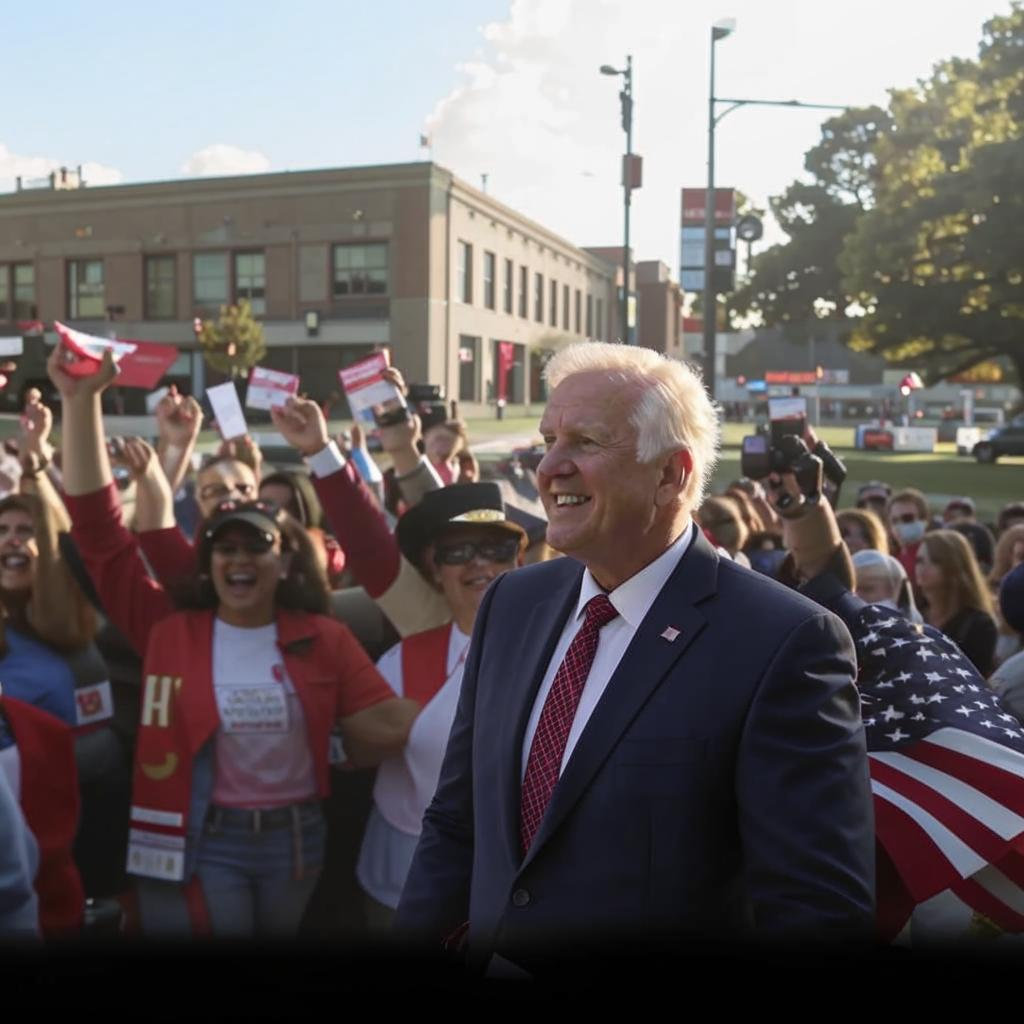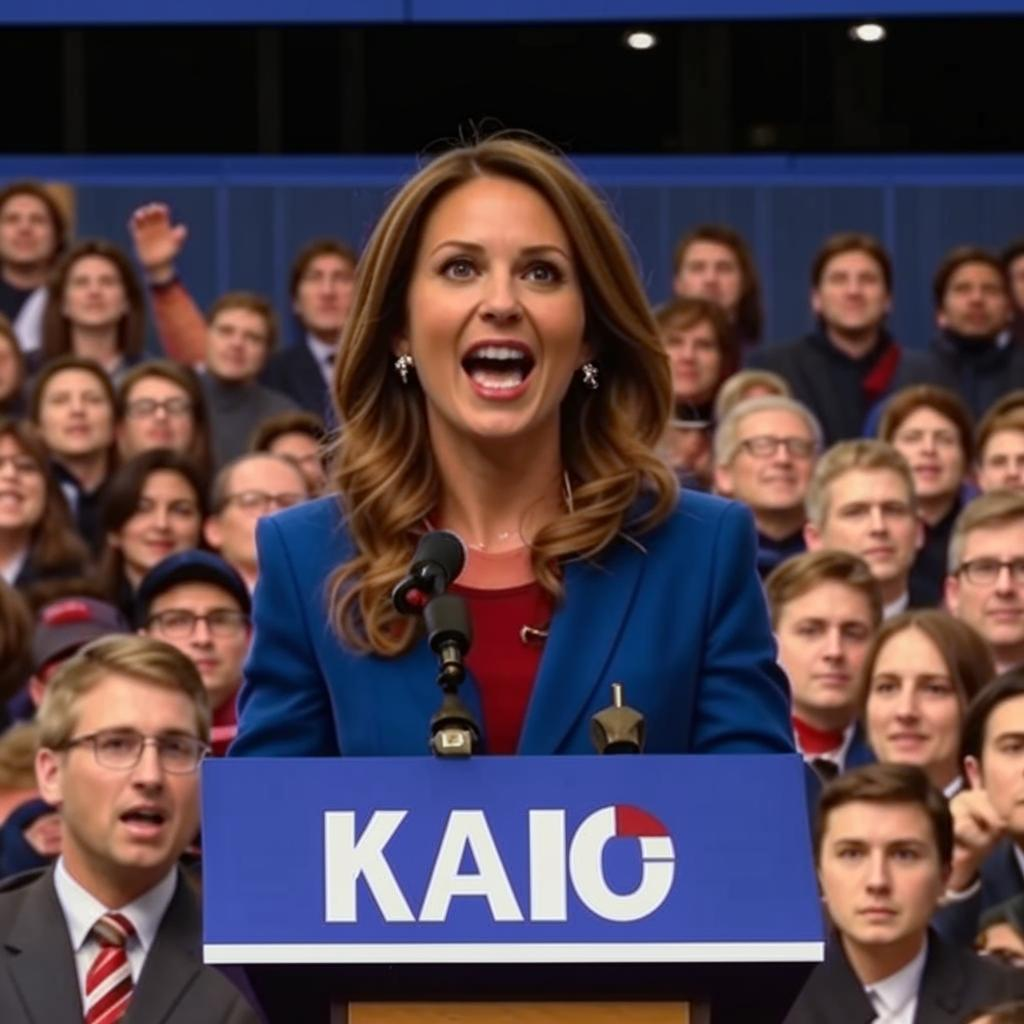Claims of widespread voter fraud involving dead people are persistent in US elections, despite evidence to the contrary. Allegations often surface during and after elections, fueling distrust in the democratic process. These claims frequently point to voter rolls that include deceased individuals, suggesting fraudulent ballots are cast in their names.
However, investigations and audits consistently demonstrate that such occurrences are rare and do not significantly impact election outcomes. While it is true that voter rolls may contain errors, including the names of deceased individuals, this does not automatically translate into widespread fraud.
Several factors contribute to the occasional presence of deceased individuals on voter rolls. The process of updating voter registration records can be slow, especially when information needs to be shared between different government agencies. Human error can also occur during data entry or when processing death certificates.
Moreover, election officials have safeguards in place to detect and prevent fraudulent voting. These measures include signature verification, requiring identification at polling places, and cross-checking voter rolls with death records. Instances of actual voter fraud are thoroughly investigated and prosecuted.
Despite these facts, unsubstantiated claims of dead people voting continue to circulate, particularly on social media and through partisan news outlets. These claims can erode public confidence in elections and undermine the legitimacy of democratic institutions. It is important to rely on credible sources of information and to be critical of claims that lack supporting evidence. Election officials work diligently to ensure fair and accurate elections, and their efforts should not be undermined by misinformation. Finishtit














